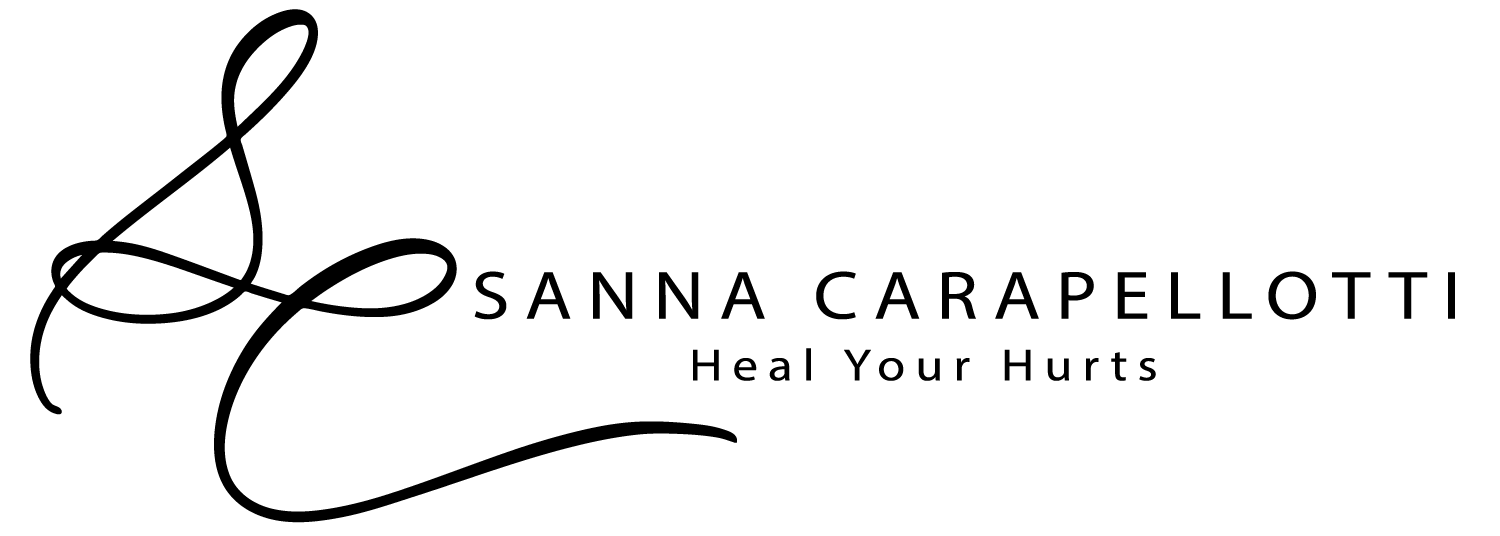We tell stories about our lives.
The experiences belong to us, and we tell them from our perspective; however, we do not create the storyline alone. Whose words we use, how beliefs affect us, and what shapes our stories may surprise you.
How you share the story matters if you want to garner healing benefits from your storytelling.
Heartbreaks hurt, and physical pain provide sources for our wound-stories even after the body has healed or an event is over. Every time you talk about the experience, the subconscious body activates and imprints a response similar to the original incident. Topics include, but are not limited to, injustice, betrayal, accidents, secrets, illness, or neglect.
The retelling and constantly thinking about wound-stories hurt you over and over again.
Telling the story has benefits!
We tell stories to friends, family, strangers, and in our mind-body. We also hear stories about our lives from family and culture.
Talking about what happened can be healing. We can:
-
Receive feedback from others
-
Discover updated perspectives
- Forge a social connection
- Express feelings
- Gain self-compassion
These five influences impact your storyline:
• Cultural conditioning or religious beliefs can add to or diminish your experience,
affecting healing potential. What messages did you receive from your culture regarding what happened to you or a hardship in general?
“I sinned and should suffer.”
• Generational Struggles are carried forward into the next generation. By exploring family history and inquiring about how the individual fared over time and how did the family respond?
“Aunt Mary died quickly from the same diagnosis!”
• Early life stories you heard about infancy may include embellishments, falsities, or biases representing views from someone else’s perspective. Trust your instincts and keep your perspective. There’s always a bigger picture.
“You cried all day! You were a difficult baby!”
• The age in which it occurred: Children are often left to their own limited experiences and thought processes during stressful times. Children are perceived as being “…fine.”
“She’s playing. She doesn’t know what’s going on!”
• The programmed prognosis can predetermine if you can heal. Are you allowed to heal? Is this conclusion coming from a narrow perspective or discipline?
“You can’t heal from such abuse!”
Remember: There is always someone who has healed, recovered, or survived
every possible human situation, diagnosis, or trauma.
The burning need to retell others about the same hurt comes with a cost.
Every time you tell the story, stress is activated. Chronic complaining, negativity, emotional upset, and retelling details stress every aspect of your life and imprint your energy system.
The phrase, “your biography becomes your biology,” cautions us to choose words carefully and tell our stories wisely.
Five ways telling wound-stories lead to personal harm:
- Emotionally laden stories message the cells that you are stressed.
- The energetic cell body activates a stress response.
- The emotional pattern attaches to other similar experiences.
- The body can become ill when stress is constant.
- You risk losing “listeners” and the support of friends and family
Do no harm: Tell the story with an inspirational ending!
- Stick with facts, not drama.
- Become aware of beliefs or words that do not belong to you!
- If you are repeating the same wound-story, consider taking action toward resolving the hurt rather than deepening the pain.
- If an experience produces intense emotions, energy psychology, my expertise, quickly
neutralizes the experience so you can put it behind you. - Speaking honestly about the experience gives you a better chance of being heard and
obtaining helpful feedback. Dumping is hurtful to all involved.
Bring the wound-story to a close using what you learned from the experience, how you
healed, or actions you plan to take. You can add pearls of wisdom, including those who
helped you and what you discovered about yourself and living through challenges.
These new words can change the entire tone of the story!
Each of us has been the wound-story teller, trying to understand or survive a hardship. We live our lives amongst other survivors of human tragedy and can learn from each other’s storytelling.
Weave strength, wisdom, and determination into your storytelling to inspire hope for healing.
The wound-story can become a healing one!
Note: At the time of hardship, word choices are irrelevant.
Healing happens!
Sanna

